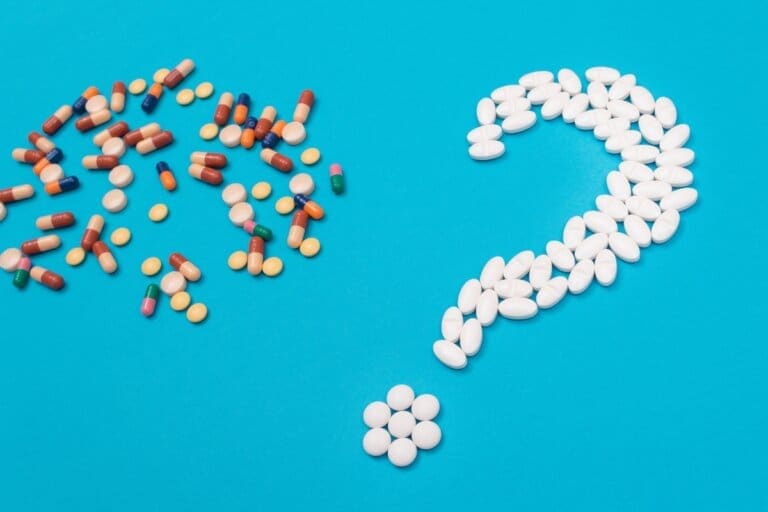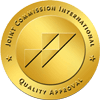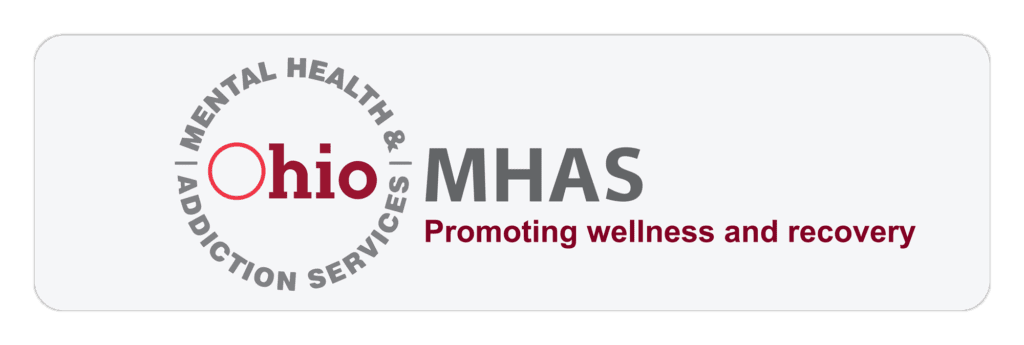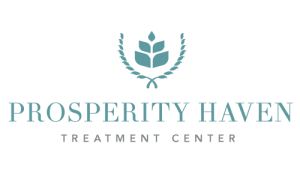Why Do People Get Addicted To Drugs?
- August 21, 2023
- Prosperity Haven
- Addiction Treatment

People wrongly assume that those who get addicted to drugs have loose morals and no willpower. They believe that those are the types of people who would be willing to simply throw their lives away and be at the mercy of drug addiction.
After all, we all know the severe consequences of drug addiction. Whether we’ve witnessed it firsthand, read about it in books, or watched it happen in movies, we have a certain understanding when it comes to the perils of substance abuse. One would think that knowledge would be enough to prevent someone from falling into addiction. Sadly, that is not the case.
Understanding Addiction
Addiction is not a choice. In 1987, the American Medical Association classified addiction as a disease. Twenty four years later, the American Society of Addiction Medicine joined the AMA in this prognosis, stating that addiction is a chronic brain disorder and not merely the result of behavioral problems or bad choices.
How is addiction a disease? Addiction is a disease in the way that it behaves. For example, if we were to compare addiction to heart disease, there are many similarities. Whereas heart disease affects the heart’s ability to function, addiction affects the brain’s functioning. Both can lead to decreased quality of life and quite possibly a shorter life span. Lastly, while both conditions are treatable, they are both a lifelong diagnosis and present risks for relapse.
Addiction is also a disease because it is not something that is chosen voluntarily. While a person’s first foray into drugs is often voluntary, the changes that occur in their brain with repeated use no longer allows them to control their intake. Drug use releases high levels of dopamine in the brain, allowing the person to feel a sense of euphoria. These surges of dopamine motivate them to partake in more drugs in order to achieve the same feeling.
With continued drug use, the brain adapts and develops a tolerance to the drug. The amount required to release those levels of dopamine increases, thereby forcing the individual to increase the amount and frequency of their drug use. They lose self-control and their ability to control their urges diminishes, forcing them to continue using the substance even when they don’t want to. They become reliant on it and feel no choice other than to continue feeding their addiction.
It is important to note that both biology and environment play critical roles in determining whether someone is more at risk for addiction. Some people can get away with experimenting in college and merely look back at that time as a fun experiment that had no major impact in the way their lives played out. Whereas others experiment, get a taste for what drugs can do for them, and simply cannot stop. Addiction is a combination of nature and nurture. Genetics can play a large role, but home environment and past traumas also are critical factors.
The 4 C’s Of Addiction
Addiction is a complex and nasty disease. In order to better understand it, the four C’s of addiction help break down its facets. There is compulsion, cravings, consequences, and control. Properly understanding each of these facets will help with both disease prevention and treatment.
Compulsion is defined as an irresistible urge to partake in a behavior, regardless of its negative consequences. In the world of addiction, this means that even though the addict understands the impact of repeated drug use and how it will overtake everything positive that is in their lives, they simply cannot resist the urge to get high.
Similar to the cravings experienced in pregnancy, the cravings of an addict become as vital to them as food and water. If their cravings are left unfulfilled, they can become anxious and agitated, develop insomnia, and even experience flu-like symptoms. Until the addict can satisfy their cravings, they will continue to suffer from these psychological and physical side effects.
The third C of addiction refers to consequences. As the addict begins to experience the negative repercussions of their repeat drug use, they simply ignore them. Feeding their addiction becomes more important than any of the negative consequences affecting them and those around them.
Control is the fourth aspect in the framework that is addiction. Once the addict is aware of how damaging their addiction has become, their ability to control or stop the disease is non-existent. They are unable to exercise any restraint when it comes to their drug use. They simply cannot stop and fully succumb to the disease that is addiction.
Co-Occurring Disorders
Both genetics and environment play a role in the risk factors for addiction. Perhaps even more critical is whether the person also suffers from another disorder. If someone is already experiencing the negative effects of a mental disorder, whether it be ADHD, obsessive compulsive disorder, borderline personality disorder, or depression, they are at much greater risk for addiction.
Drugs can offer an easy escape from the discomforts they are already experiencing. The short-term reprieve from their symptoms can be intoxicating and the urge to return for more can be overwhelming and difficult to ignore. In just a short amount of time, what began as a way to temporarily self-medicate and alleviate symptoms can evolve into an addiction.
Unfortunately, disorders tend to feed off each other. Once the individual has co-occurring disorders, they get trapped in an endless loop, perhaps attempting to escape but being unable to do so. Thus the dangerous cycle continues until they are deep in the throes of addiction.
Why Do Addicts Relapse When Things Are Good?
Perhaps most perplexing when it comes to understanding addiction is why addicts relapse when they have taken such great strides and are in a positive place in their recovery. In this sense, addiction is a lot like cancer. It is a lifelong disease that can rear its ugly head at any point. Overcoming it and being clean does not mean it’s gone for good.
When exiting rehab, the addict may be overconfident in their abilities. They may think they’ve done the work and can move on with their lives. This overconfidence can cause them to skip meetings and forgo on the social support that is so vital to their continued recovery. Boredom can also play a role in relapsing. A drug addict’s life is usually chaotic and tumultuous. Once clean, the status quo may feel stagnant and depressing, thus prompting them to seek out adventure of the negative kind.
Lastly, it is not uncommon for the addict to self-sabotage their recovery. They may feel they don’t deserve a fresh start on life, and they may be unable to face the consequences created by their previous choices. Hence a downward spiral commences, prompting them to use drugs once more.
How To Stop Drug Addiction
The disease that is drug addiction is a vastly complex one. As such, the treatment for it must be comprehensive enough to tackle all facets of the disease. At Prosperity Haven, our team of highly skilled medical and mental health professionals understand what addiction is, how it works, and how to successfully treat it.
Our dedicated staff work tirelessly around the clock to provide a safe and dignified environment, conducive to treating each patient’s drug addiction in a uniquely personalized manner. We understand that no two journeys are the same and our small patient roster allows us to focus on each individual with the respect and care they deserve. It is our goal and purpose to help each addict not only achieve success in the program, but to achieve continued lifelong success in their addiction recovery journey.
Located in Chardon, Ohio, Prosperity Haven offers advanced inpatient rehab and detox managed by trained professionals. Reach out today to learn more.
YOUR NEW BEGINNING
STARTS HERE
Take the First Step and Reach Out Today






